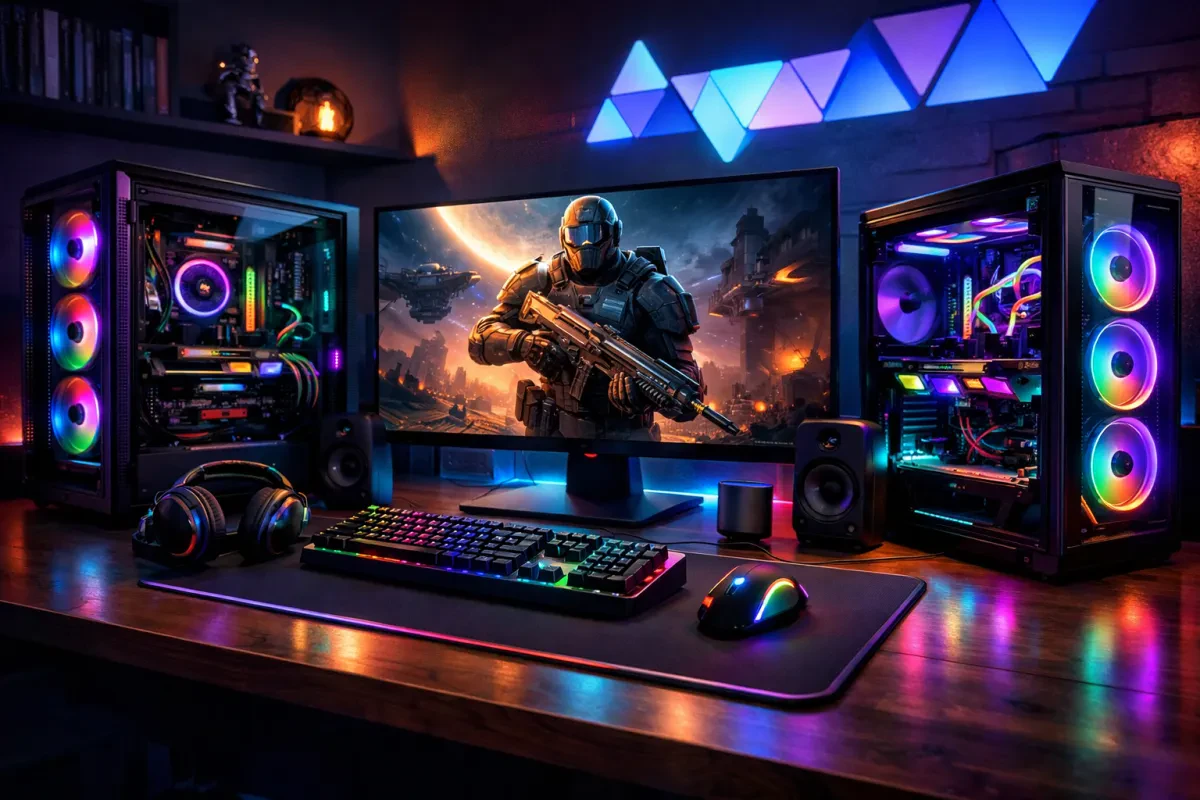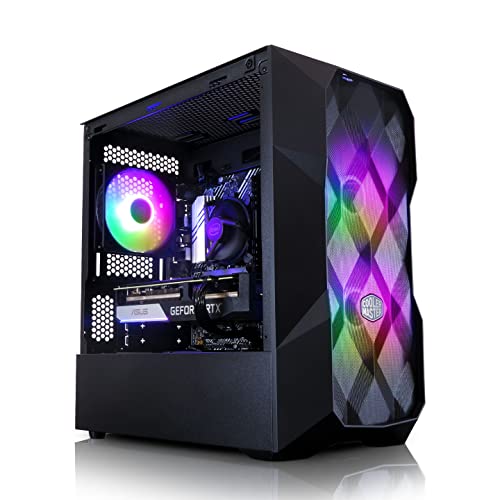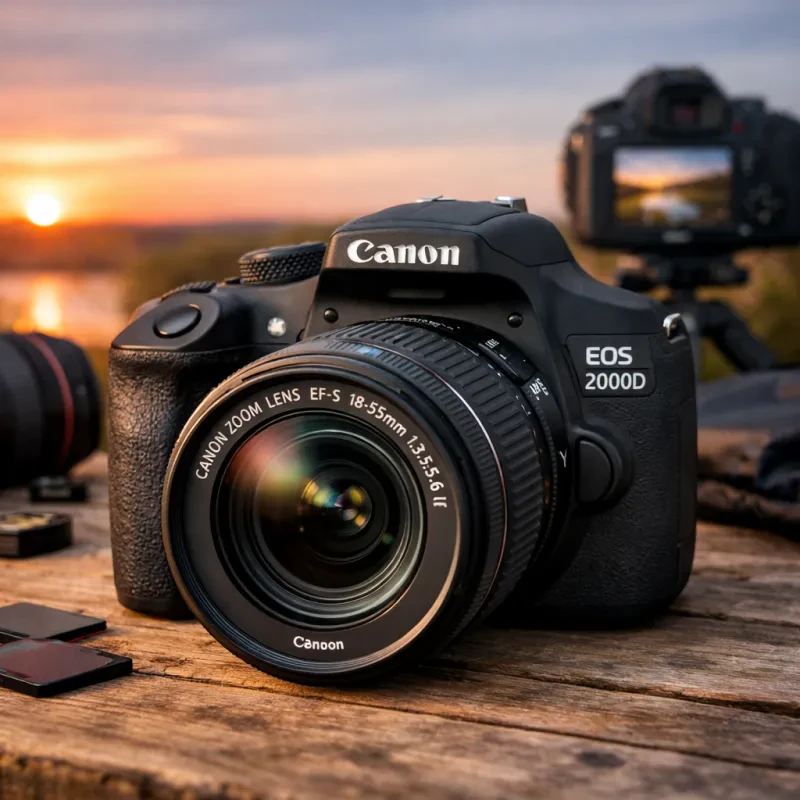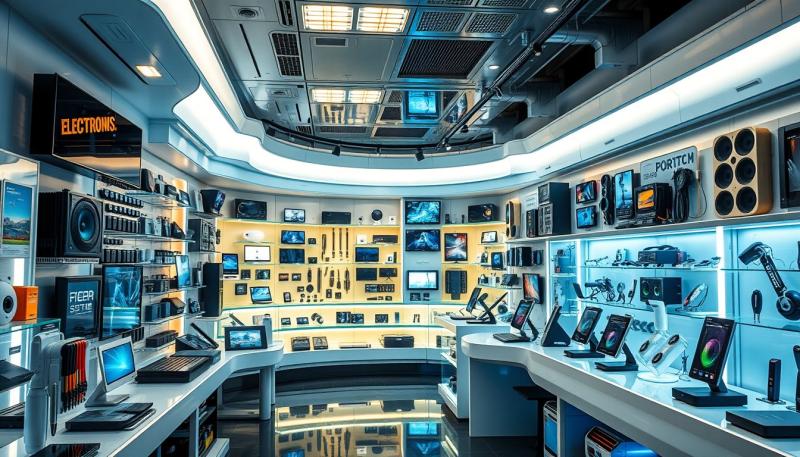When it comes to selecting the perfect gaming PC, it's crucial to understand your specific gaming needs and identify the necessary requirements for an optimal gaming experience. Whether you're a casual gamer or a hardcore enthusiast, determining the right specifications for your computer will ensure smooth gameplay and prevent any performance issues.
The first step in identifying your PC requirements is to consider the types of games you want to play. Different games have varying demands in terms of processing power, graphic capabilities, and memory requirements. For instance, if you enjoy playing graphically intensive games like first-person shooters or open-world RPGs, you'll need a powerful graphics card and a higher RAM capacity to handle the complex visuals and high-resolution textures.
Another important factor to consider is future-proofing your gaming PC. Technology advances rapidly, and what may be considered high-end today might become outdated within a few years. To ensure your gaming PC remains capable of running the latest game releases, it's advisable to invest in a processor and graphics card that are one or two generations ahead of the current requirements. This will provide a buffer and extend the lifespan of your gaming rig, saving you from having to upgrade more frequently.
Decoding Gaming PC Specs: What Matters the Most?
When it comes to selecting the perfect gaming PC, understanding the specifications can be quite overwhelming. With so many options available on the market, it's crucial to know what specifications matter most for an optimal gaming experience.
The first and foremost specification to consider is the processor, or CPU (Central Processing Unit). This hardware component is responsible for executing and managing tasks within the computer. In gaming, the CPU plays a vital role in processing game instructions, AI calculations, and overall performance. Look for a gaming PC with a powerful and modern CPU to ensure smooth gameplay.
Next, let's talk about the graphics card, or GPU (Graphics Processing Unit). For a visually immersive gaming experience, a good GPU is essential. It is responsible for rendering and displaying graphics, textures, and special effects in games. Opt for a gaming PC with a dedicated graphics card that has adequate VRAM (video RAM) capacity, an efficient cooling system, and compatibility with the latest game titles.
Lastly, RAM (Random Access Memory) is another crucial specification. RAM is the temporary memory where the computer stores data that the CPU actively needs. More RAM allows the system to handle multiple tasks simultaneously, resulting in smoother gameplay and faster loading times. Aim for a gaming PC with at least 8GB or higher of RAM capacity to prevent any lag or performance issues.
Sizing up Your Budget: Finding the Right Price-Performance Ratio
When it comes to selecting the perfect gaming PC, one of the most crucial factors to consider is your budget. While it's easy to get carried away with flashy components and top-tier hardware, setting a realistic budget that aligns with your needs is key to achieving the right price-performance ratio. By striking a balance between affordability and performance, you can ensure that you're getting the best bang for your buck.
Firstly, determine how much you're willing to invest in a gaming PC. Consider your personal financial situation and evaluate how much you can comfortably spend. Be mindful that gaming PCs can range in price from a few hundred dollars to several thousand. It's important to decide on a budget that won't stretch your finances too thin.
Next, assess what level of performance you expect from your gaming PC. Are you an avid gamer who desires smooth gameplay in the latest AAA titles? Or are you content with playing less demanding games? Understanding your gaming needs will help you prioritize the components that matter most to you. For example, investing a larger portion of your budget in a powerful graphics card might be crucial for a visually immersive gaming experience, while other components can be allocated fewer resources.
In addition to upfront costs, consider the long-term expenses associated with a gaming PC. Will you be further upgrading the system in the future? Are you prepared to spend on peripherals like a gaming mouse, keyboard, or headset? Taking these factors into account will help you choose the right price-performance ratio that can satisfy your current and future gaming requirements while remaining within your budget.
Building or Buying: Weighing the Pros and Cons
When it comes to selecting the perfect gaming PC, one of the first decisions you'll have to make is whether to build your own or buy a pre-built system. Both options have their own advantages and drawbacks, and understanding them is crucial to making an informed decision.
Building Your Own Gaming PC
Building your own gaming PC offers a wide range of benefits. Firstly, you have complete control over the components you choose, allowing you to customize your system according to your specific requirements and budget. Additionally, building your own PC can be a rewarding experience, as it provides an opportunity to learn about the different hardware components and their compatibility. Furthermore, building a PC often turns out to be more cost-effective compared to buying a pre-built system, as you can cut out the costs associated with labor and markup prices.
However, building your own gaming PC also comes with some challenges. It requires time, research, and a certain level of technical expertise. As a beginner, you may find the process overwhelming, especially if you're not familiar with the hardware intricacies. Troubleshooting issues can also be more complicated when you've built the system yourself, as determining the faulty component might be more challenging.
Buying a Pre-built Gaming PC
Opting for a pre-built gaming PC can be a convenient choice, especially if you're new to PC building or simply prefer a hassle-free experience. The most significant advantage is that pre-built systems are ready to use straight out of the box, requiring minimal setup. They also come with warranties that cover the entire system, reducing the risk of potential hardware failures. Moreover, pre-built PCs often include customer support, which can be beneficial if you encounter any issues.
On the flip side, buying a pre-built gaming PC might limit your freedom when it comes to customization. Most manufacturers offer a range of predetermined configurations, and while they might meet your needs, they may not provide the exact specifications you desire. Additionally, pre-built systems can be more expensive due to factors like manufacturing, marketing, and profit margins.
€915.34
4.2 out of 5 starsGaming PC | Intel 11400F, RTX 3060 Ti, 16GB
High-performance gaming PC featuring Intel 11400F, RTX 3060 Ti, and 16GB for immersive gaming experiences
Product information
Product Review Score
Product links




